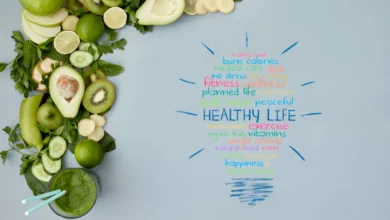14 Things The Dirty Truth About kissing
The ability to kissing is strange, amazing, and nearly unique to humans. It’s fascinating to note that not all humans kiss, but some primates do.Only 46% of societies throughout human history have kissed romantically, according to research. However, in cultures where kissing has become a “taste,” people have undoubtedly put a lot of effort into becoming proficient at it. Kissing is complicated, after all. When you kiss, up to 146 distinct muscles are used. Additionally, we kiss for an average of 20,160 minutes (14 days) during our lifetimes.
Naturally, kissing is a really enjoyable activity, so this time is well spent. With up to 10,000 unique nerve endings, our lips are actually among the most sensitive places on our body—even more sensitive than other parts. Even though a nice kiss might be fantastic, there are some unsettling things that happen when we kiss that you might not be aware of. These things only happen when two people press their lips together in a passionate, sloppy, and seductive exchange of saliva. Discover all you likely never wanted to know about lip locking by reading on.
1. When you kiss someone, your body may go through a whirlwind of hormonal and chemical changes.

That hazy, weak-in-the-knees sensation that follows a satisfying kiss? As it happens, it’s not your imagination. According to scientific research, when we lock lips with a lover, our bodies experience a flurry of molecular changes.
To begin with, when we kiss, our brains release the neurotransmitter dopamine, which is directly related to sensations of pleasure. Additionally, kissing releases serotonin, a feel-good neurotransmitter. Your mood increases as your body produces more serotonin, which is what gives you that satisfying kiss. Last but not least, when we kiss, our bodies also produce more oxytocin. Oxytocin, sometimes referred to as the “love hormone,” is also generated during orgasms and foreplay and is thought to strengthen the attachment or tie between partners.
The author of The Science of Kissing: What Our Lips Are Telling Us, Sheril Kirshenbaum, told Time, “What I found so fascinating is that the chemicals in our bodies are responsible for the so-called symptoms we associate with falling in love.” “I don’t think it takes the romance out of the equation, but it gives us a better scientific understanding of how our bodies are behaving.”
2. When you kiss with your eyes open, the sensation is less fulfilling.

Humans apparently know from birth that we should close our eyes when we kiss, and there’s a reason for it. And it’s not just politeness or the worry that the person we’re kissing may stare back at us from a few inches away. Actually, kissing is so intense that our brains struggle to process a passionate kiss when we do it with our eyes open, according to a study published in the Journal of Experimental Psychology. This is why we kiss with our eyes closed.
British researchers. asked 16 volunteers to solve a series of puzzles that required them to look for particular letters. The scientists gave their hands a brief, arbitrary vibration as they worked on the puzzle. The volunteers were less likely to feel the vibration as the problems got harder.
According to cognitive psychologists Polly Dalton and Sandra Murphy, co-authors of the study, this discovery suggests that lowering visual demands by closing your eyes may enhance tactile awareness, which may make a kiss feel more powerful, they told The Independent. According to her, keeping your eyes closed also helps your brain concentrate better on the kiss by blocking out other distractions.
3. Your lover may inadverten tly believe that you are a poor kisser if you even slightly smell awful.




